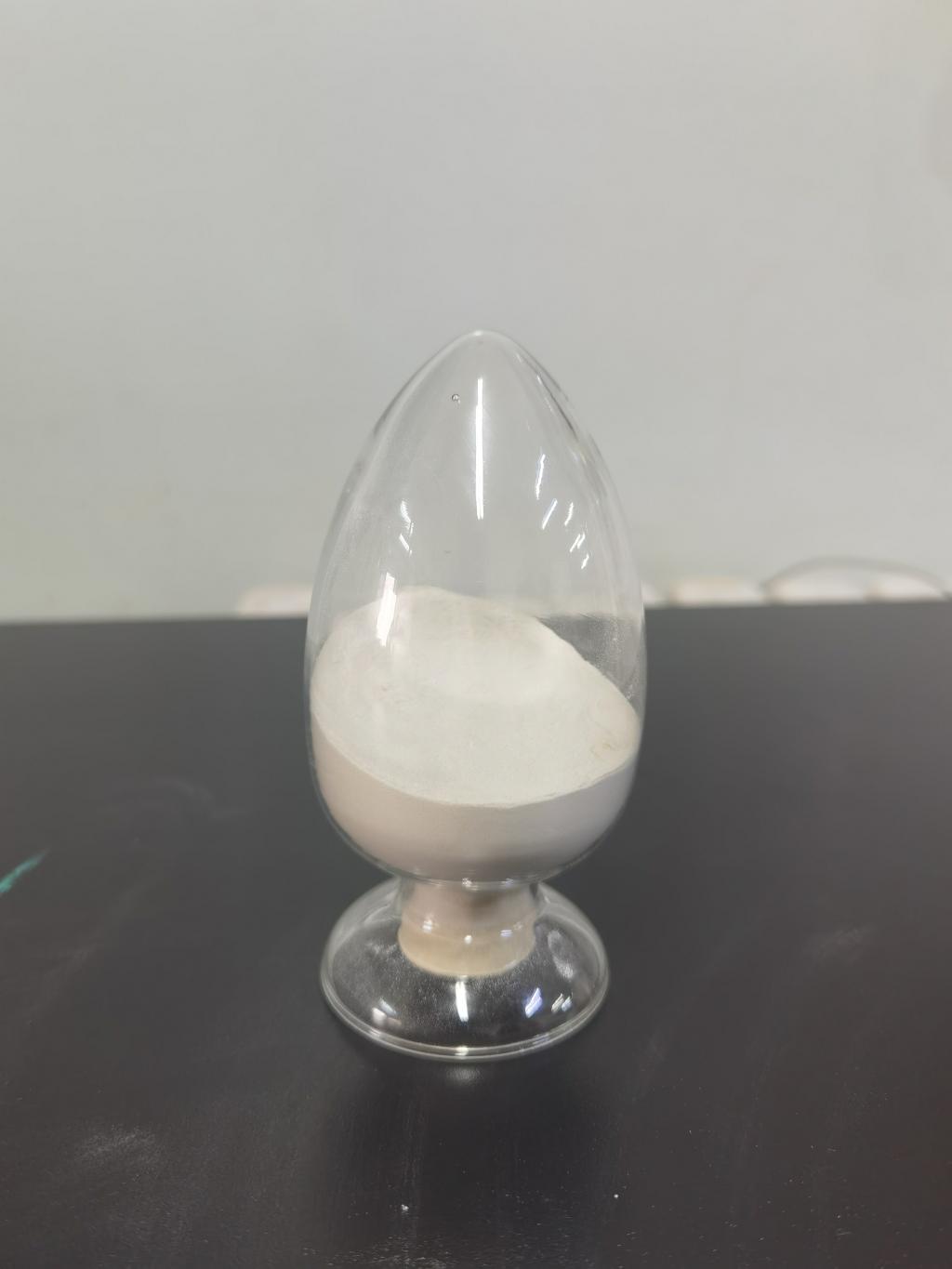Tel:0086 18231198596

News
Nisin's natural origin and effectiveness against pathogens make it a preferred choice.
TIME:2024-04-02
Understanding Nisin
Nisin is a bacteriocin produced by certain strains of lactic acid bacteria, particularly Lactococcus lactis. Discovered over a century ago, nisin has gained recognition as one of the most effective natural antimicrobial agents. Its mechanism of action involves disrupting the cell membranes of target bacteria, leading to their death or inhibition. Nisin exhibits broad-spectrum antimicrobial activity against a wide range of gram-positive bacteria, including many foodborne pathogens and spoilage organisms.
Natural Origin of Nisin
One of the key advantages of nisin as a food preservative is its natural origin. Unlike synthetic additives and preservatives, which are often chemically synthesized or derived from petrochemicals, nisin is produced through fermentation by naturally occurring bacteria. This natural origin makes nisin inherently safe and suitable for use in food products, aligning with consumer preferences for natural and minimally processed foods.
Effectiveness Against Pathogens
Nisin's effectiveness against pathogens is well-documented in scientific literature. Numerous studies have demonstrated its ability to inhibit the growth of various foodborne pathogens, including Staphylococcus aureus, Listeria monocytogenes, Bacillus cereus, and Clostridium botulinum. Its broad-spectrum antimicrobial activity makes it a versatile tool for controlling microbial contamination in food products, thereby enhancing food safety and reducing the risk of foodborne illness.
Applications in Food Safety
Nisin finds applications in a variety of food products to enhance food safety and extend shelf life:
Dairy products: Nisin is commonly used in the preservation of dairy products such as cheese, yogurt, and buttermilk. By inhibiting the growth of spoilage bacteria and pathogens, nisin helps maintain the freshness and quality of these products during storage and distribution.
Meat and poultry products: Nisin can be incorporated into meat and poultry products to control the growth of pathogens such as Salmonella and Campylobacter. Its antimicrobial properties contribute to the safety and shelf stability of these products, reducing the risk of foodborne illness.
Canned foods: Nisin is often added to canned foods to prevent spoilage caused by heat-resistant bacteria, such as Clostridium botulinum. Its ability to inhibit the growth of bacteria during the canning process helps ensure the safety and quality of canned food products.
Ready-to-eat meals: Ready-to-eat meals are susceptible to microbial contamination during processing and storage. Nisin can be incorporated into these products to inhibit the growth of bacteria and ensure their safety and shelf stability, particularly in refrigerated and frozen meals.
Consumer Perception and Acceptance
The natural origin and effectiveness of nisin make it well-received by consumers who are increasingly seeking natural and minimally processed food products. Unlike synthetic additives and preservatives, which may raise concerns about chemical residues and potential health risks, nisin is perceived as a safer and more natural alternative. Transparent labeling and communication can further enhance consumer trust and confidence in products containing nisin.
Regulatory Considerations
Nisin is generally recognized as safe (GRAS) by regulatory authorities such as the U.S. Food and Drug Administration (FDA) and the European Food Safety Authority (EFSA). It has been approved for use as a food preservative in numerous countries around the world, with established maximum allowable limits for its use in food products. Food manufacturers must comply with regulatory requirements and ensure that the use of nisin complies with safety standards and labeling regulations.
Conclusion
Nisin's natural origin and effectiveness against pathogens make it a preferred choice for ensuring food safety in the food industry. Its broad-spectrum antimicrobial activity, coupled with its natural origin, aligns with consumer preferences for natural and minimally processed foods. By harnessing the power of nisin, food manufacturers can enhance food safety, extend shelf life, and meet consumer demand for safer and more natural food products. As the food industry continues to evolve, nisin remains a steadfast champion of food safety, ensuring the integrity and quality of food products for consumers around the world.

 CONTACT
CONTACT




